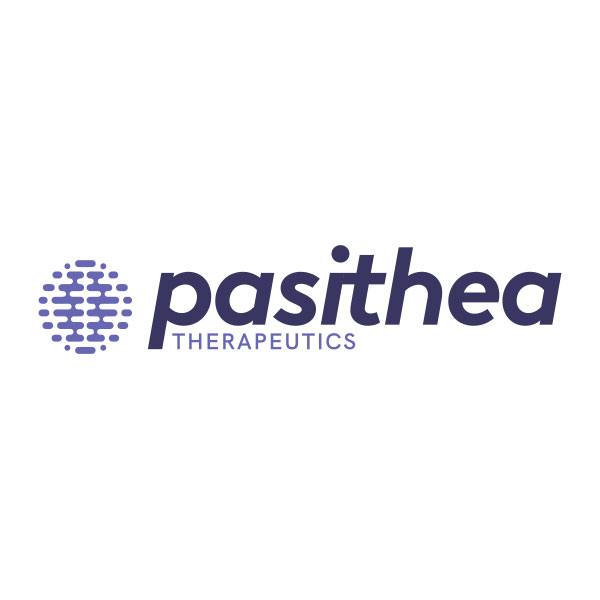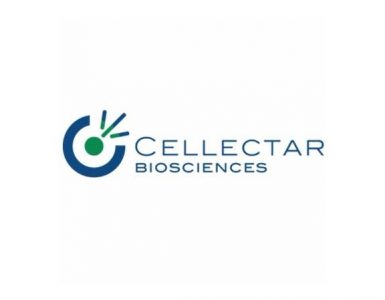
Pasithea Therapeutics (NASDAQ:KTTA) has announced safety, tolerability, pharmacokinetic (PK), and preliminary efficacy data from its Phase 1 clinical trial of PAS-004 in patients with MAPK pathway driven advanced solid tumors with a documented RAS, NF1 or RAF mutation or patients who have failed BRAF/MEK inhibition.
In a statement, Tiago Reis Marques, M.D., Ph.D., CEO of Pasithea, said, “We are very pleased to share the PK, safety, and preliminary efficacy data from the 2 mg and 4 mg cohorts in our first-in-human Phase 1 clinical trial of PAS-004. We believe these data demonstrate a PK and safety profile that differentiates PAS-004 as a next-generation MEK inhibitor.”
Dr. Marques added, “We have already achieved significant PAS-004 exposures with a favorable safety profile and have not seen adverse side effects such as rash or GI toxicity, which are typical for MEK inhibitors even at low doses. The long half-life at approximately 70 hours, and the ability to achieve a flat PK curve at steady-state, aim to provide a constant target inhibition while avoiding peak plasma toxicities, which is a unique PK profile among MEK inhibitors used for the treatment of Neurofibromatosis type 1 (NF1).”
“In addition, we are encouraged to see early potential signs of efficacy, with a heavily pre-treated patient with colorectal cancer showing prolonged stable disease. Colorectal cancer is known to not provide a RECIST response when treated with single-agent MEK inhibitors. This patient has a BRAF K601E mutation, a mutational status with no approved therapies. We are encouraged that this patient has been treated continuously into the sixth 28-day dosing cycle with no toxicities or AEs observed. While still early in clinical development, we believe PAS-004 is showing early signs of differentiation, indicating PAS-004 has the potential to outperform current MEK inhibitors in terms of safety, reduced administration frequency, and potentially efficacy. Our goal is to provide a once-daily or less frequent dosing treatment with broader application, not only for NF1 but also for other indications,” he said.






